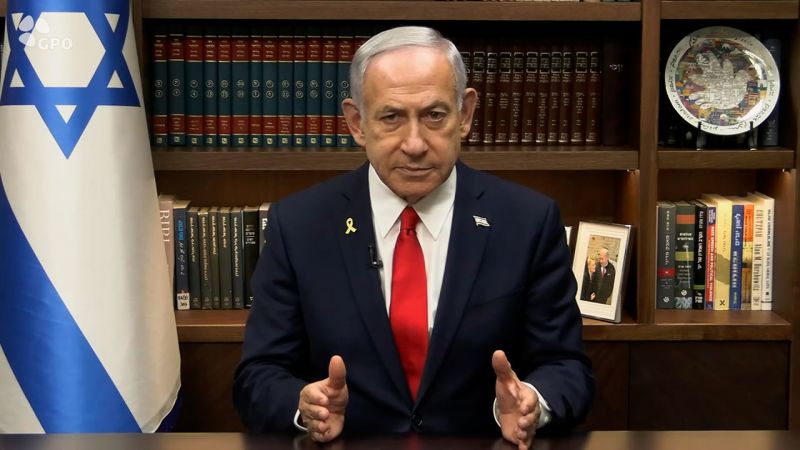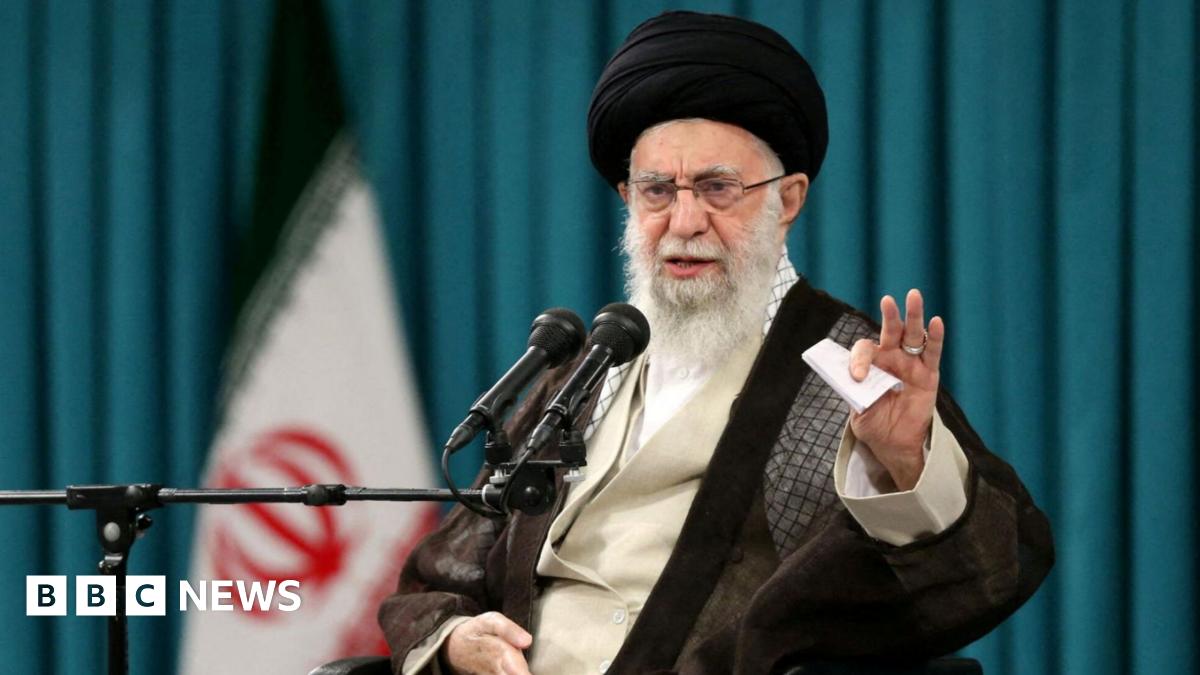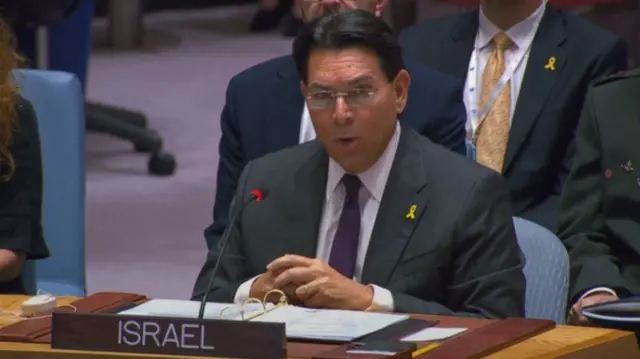Netanyahu Hails Trump's Iran Strikes: A Victory, But What's Next for the Region?

Following President Donald Trump's announcement of targeted strikes against three Iranian nuclear facilities, Israeli Prime Minister Benjamin Netanyahu swiftly lauded the American President, characterizing his actions as potentially paving the way for a future of prosperity and peace in the Middle East. This swift endorsement underscores the long-standing, often complex, relationship between the two leaders and highlights Israel's perspective on Iran's nuclear ambitions.
The strikes themselves represent a significant escalation in tensions between the United States and Iran, a dynamic that has been simmering for years. While Netanyahu's reaction suggests a strong approval of the action, the broader implications for regional stability remain a subject of intense debate and uncertainty. The immediate aftermath has seen a flurry of diplomatic activity, with global powers scrambling to assess the situation and prevent further escalation.
A Complex Relationship and Shared Concerns
Netanyahu and Trump have cultivated a close personal relationship throughout Trump’s presidency. This bond has been a cornerstone of Israeli foreign policy, with consistent support on issues such as recognizing Jerusalem as Israel's capital and withdrawing from the Iran nuclear deal (JCPOA). Netanyahu’s immediate praise of Trump's actions is not surprising, reflecting a shared concern over Iran’s nuclear program and its regional influence, which Israel views as a direct threat.
The Endgame Remains Unclear
Despite the apparent victory for Netanyahu and a demonstration of American power, the ultimate outcome of this latest development remains profoundly unclear. The strikes, while potentially setting back Iran's nuclear program, have also raised the specter of a wider conflict. Iran has vowed retaliation, and the possibility of a protracted and destabilizing regional war is a very real concern.
Analysts are divided on the long-term consequences. Some believe that the strikes have served as a deterrent, signaling to Iran that its nuclear ambitions will not be tolerated. Others argue that they have only hardened Iran's resolve and pushed the country closer to developing nuclear weapons. The international community faces a delicate balancing act: condemning Iran’s actions while simultaneously working to de-escalate the situation and prevent a full-blown conflict.
Diplomacy and the Path Forward
The immediate priority is to prevent further escalation. Diplomatic channels must remain open, and all parties must exercise restraint. A renewed commitment to diplomacy, potentially involving a revised version of the JCPOA, may be necessary to address the underlying concerns and prevent a catastrophic war. However, achieving such an outcome will require significant concessions from all sides and a willingness to engage in good-faith negotiations.
Looking Ahead: Regional Instability and the Nuclear Threat
The strikes in Iran serve as a stark reminder of the fragility of peace in the Middle East. The region is already grappling with a multitude of conflicts, and this latest development has only added to the uncertainty. The threat of nuclear proliferation remains a serious concern, and the international community must work tirelessly to prevent Iran from acquiring nuclear weapons. The path forward is fraught with challenges, but the stakes are simply too high to ignore. Netanyahu's praise of Trump's actions highlights the immediate strategic alignment, but the long-term challenge lies in securing a stable and peaceful future for the region.






